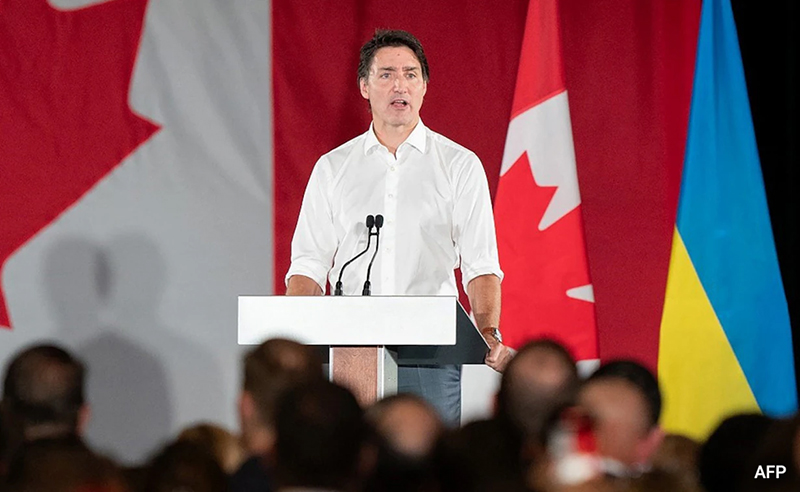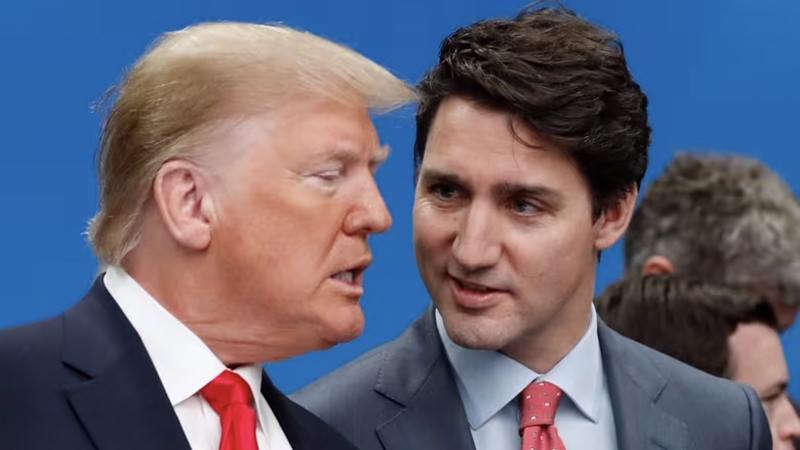Trudeau’s Forewarning Amid Political Tensions
Canadian Prime Minister Justin Trudeau, in a candid interview, has issued a stark warning about the potential impact on climate initiatives if former President Donald Trump returns to power in the 2024 election.

Navigating a Political Rivalry
Although leveraging Trump as a political contrast is familiar territory for Trudeau, his recent remarks carry an increased urgency. With 69% of Canadians reportedly eager for Trudeau to step down, the Prime Minister’s stance is clear: “Trump’s desire to move backwards on climate change was a menace not just to Canada but to the world.”
Vice President Harris’ Climate Summit Engagement
The discussion harks back to Vice President Kamala Harris’ December engagement at the U.N.’s COP28 summit. Despite her commitment to contribute U.S. funds to the Green Climate Fund, a Republican-led Congress now holds the purse strings, casting uncertainty on future contributions.
Trump’s Counter Pledge
Trump’s stance remains unequivocal. On December 13, in Coraville, Iowa, he declared his intent to withdraw any pledged reparations, criticizing the current administration’s negotiations as a misstep. “When I am back in office, all climate reparation payments will be canceled immediately,” Trump promised, indicating a significant policy shift should he be re-elected.
“When I am back in office, all climate reparation payments will be canceled immediately,” Trump promised.
Trudeau’s Renewed Critique of Trump
Echoing his sentiments from a 2021 meeting with President Biden, where he expressed gratitude for renewed U.S. leadership on climate change, Trudeau now voices concern over the fragility of their shared climate ambitions. He told Rosemary Barton, a journalist he’s familiar with, “A Trump presidency that goes back on the fight against climate change would slow down the world’s progress in ways that are concerning to me.”

Domestic Challenges to Trudeau’s Climate Agenda
Trudeau’s environmental policies face scrutiny within Canada, particularly from provincial leaders who see them as a threat to jobs and the oil and gas sector. In response to Trudeau’s proposed emissions cap, Alberta has threatened to enact a “constitutional shield” to protect its interests.
Amidst this backdrop, Conservative Party Leader Pierre Poilievre stands ready to challenge Trudeau’s policies, which he argues affect the working and middle class adversely. With the political wind in his sails, Poilievre’s pledges could reshape Canada’s approach to climate policy and economic stability.



